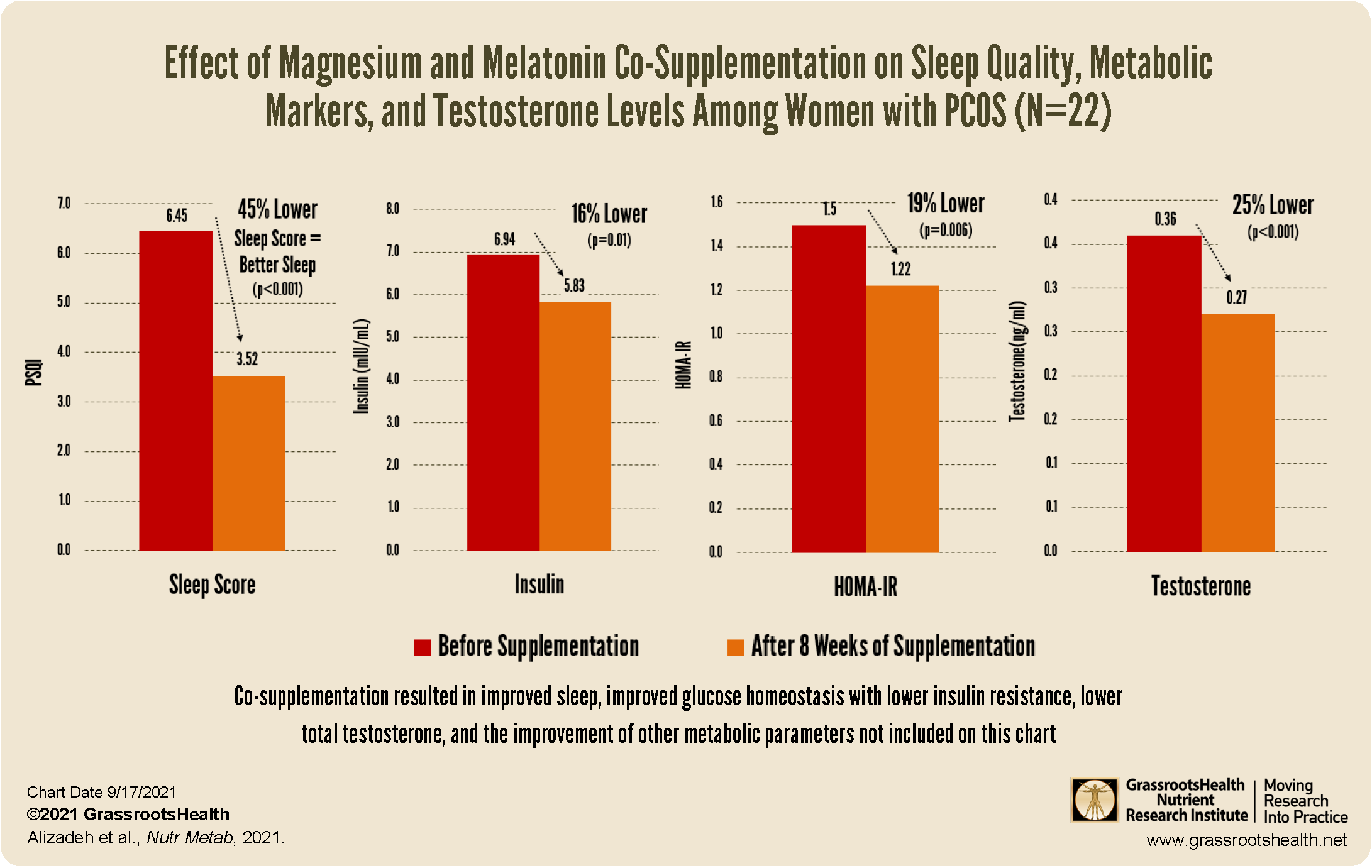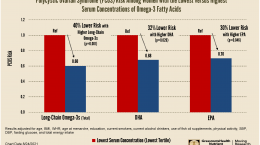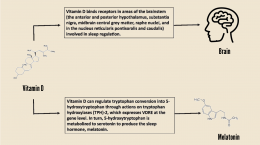Published on September 17, 2021
Study demonstrates beneficial effects of melatonin and magnesium co-supplementation on total testosterone, metabolic parameters, and sleep quality for women with PCOS
Key Points
- Polycystic ovary syndrome (PCOS) is associated with endocrine and metabolic abnormalities, including high testosterone levels, hyperglycemia, insulin resistance, and abnormal cholesterol levels
- Previous studies have shown a positive effect of either magnesium or melatonin on PCOS and sleep difficulties often suffered by women with PCOS
- A randomized controlled trial looking at the effects of magnesium, melatonin, or the combination of both among women with PCOS found the greatest benefits after 8 weeks of magnesium and melatonin co-supplementation
 Polycystic ovary syndrome (PCOS) is an endocrine disorder that can cause problems with the menstrual cycle and is thought to be directly related to insulin sensitivity and metabolic syndrome. It affects approximately 5-10% of women world-wide, with about 83% of these women also suffering from low fertility or infertility. PCOS causes symptoms that include the accumulation of small cysts on the ovaries, menstrual irregularities, anovulation or irregular ovulation, and other symptoms such as acne and weight issues.
Polycystic ovary syndrome (PCOS) is an endocrine disorder that can cause problems with the menstrual cycle and is thought to be directly related to insulin sensitivity and metabolic syndrome. It affects approximately 5-10% of women world-wide, with about 83% of these women also suffering from low fertility or infertility. PCOS causes symptoms that include the accumulation of small cysts on the ovaries, menstrual irregularities, anovulation or irregular ovulation, and other symptoms such as acne and weight issues.
PCOS is also associated with endocrine and metabolic abnormalities, namely those seen with metabolic syndrome, such as hyperinsulinemia, hyperglycemia, glucose intolerance, dyslipidemia, and obesity.
Certain factors are thought to contribute to the incidence of PCOS, such as genetics, environmental, and dietary factors. Some nutrients may also have an effect on PCOS, with one recent study showing a reduced risk of PCOS among women with higher intake and blood levels of omega-3 fatty acids.
Magnesium and Melatonin Supplementation Shown to Improve Markers Associated with PCOS
Melatonin is a powerful anti-oxidant that has been shown to have anti-cancer and anti-inflammatory effects, and play a role in regulating blood pressure and glucose levels. Previous studies on melatonin supplementation have also resulted in a significant reduction of total testosterone and improvement of menstrual irregularities among women with PCOS.
Magnesium has also been shown to affect insulin sensitivity and serum cholesterol and triglycerides, and studies have found magnesium deficiency may increase the risk of PCOS.
How Might the Combination of Melatonin and Magnesium Improve PCOS?
A recent randomized controlled trial by Alizadeh et al. enrolled 84 women with PCOS between the ages of 18 and 40 years old to see if supplementation with magnesium, melatonin, or magnesium plus melatonin had any effect on metabolic and hormonal blood markers related to PCOS, as well as an effect on the quality of sleep. Participants were randomized into four groups:
- The magnesium and melatonin co-supplement group received two 3mg tablets of melatonin plus a 250 mg magnesium oxide tablet
- The melatonin group received two 3mg tablets of melatonin plus a magnesium placebo
- The magnesium group received a 250 mg magnesium oxide tablet plus two melatonin placebos
- The placebo group received two melatonin placebos and a magnesium placebo
Blood samples were collected before the intervention and again after 8 weeks of supplementation.
After 8 weeks, those taking both magnesium and melatonin had significantly improved quality of sleep, and reduced glucose homeostasis parameters, serum cholesterol, LDL-C, and testosterone levels, compared to baseline values. The magnesium plus melatonin group also saw a significant decrease in weight, BMI, and waist circumference from the beginning of the study to the end.
Those taking melatonin only also had improved quality of sleep and reduced testosterone levels, however, a greater improvement was seen in the group taking both melatonin and magnesium.
Vitamin D Might Also Help
Vitamin D has been linked to metabolic syndrome; in fact, women with vitamin D levels less than 20 ng/ml (50 nmol/L) had more than two times the risk of metabolic syndrome compared to women with levels at or above 30 ng/ml (75 nmol/L).
Measure Your Levels
 Having and maintaining healthy vitamin D levels and other nutrient levels can help improve your health now and for your future. Choose which to measure, such as your vitamin D, omega-3s, and essential minerals including magnesium and zinc, by creating your custom home test kit today. Take steps to improve the status of each of these measurements to benefit your overall health. You can also track your own intakes, symptoms and results to see what works best for YOU.
Having and maintaining healthy vitamin D levels and other nutrient levels can help improve your health now and for your future. Choose which to measure, such as your vitamin D, omega-3s, and essential minerals including magnesium and zinc, by creating your custom home test kit today. Take steps to improve the status of each of these measurements to benefit your overall health. You can also track your own intakes, symptoms and results to see what works best for YOU.
Enroll and test your levels today, learn what steps to take to improve your status of vitamin D (see below) and other nutrients and blood markers, and take action! By enrolling in the GrassrootsHealth projects, you are not only contributing valuable information to everyone, you are also gaining knowledge about how you could improve your own health through measuring and tracking your nutrient status, and educating yourself on how to improve it.
Help everyone Move Research into Practice with vitamin D and other nutrients! As a special birthday gift to everyone, in honor of the science, we have created a special scholarship fund for anyone to donate to that will go towards helping others participate. Your donation will allow anyone to get help with funding their participation when they need it.
Text-to-give: Text Daction to 44321 to add to our Scholarship Fund.


 Click to Enlarge & Print
Click to Enlarge & Print


